The Thessaloniki Documentary Festival has announced what the main theme of its program will be, and it couldn’t be more appropriate in these times. The last two years have plunged us into a situation, personal, professional… at all levels of our lives, that we could never have imagined possible. The effects of the pandemic have changed the world forever, and we are not yet fully aware of the extent to which, even though the reality of our daily lives has been soaked in the consequences of the COVID-19 outbreak, we have not yet been able to fully grasp the extent to which the pandemic has affected our lives.
A new vocabulary, new ways of referring to and understanding the world, a need for understanding that has forced us to reflect on it, are evidence that we cannot deny that everything has changed forever. As the festival remind us: No surprise, therefore, that Mark Zuckerberg declared the dawn of the metaverse era in November 2021, amidst the pandemic. Social media and the digital reality claim their spot within our “natural” world, laying the groundwork for humanity to join an alternative and altered “reality”.
The ten documentaries screened within the framework of the 24th Thessaloniki Documentary Festival’s main tribute map a fluid world and pave the way to a new reality that abolishes any certainty of the past.
How do your record something so volatile and undefined? How do you fill in the dots and map a world before it is fully shaped? The 24th Thessaloniki Documentary Festival, held in 10-20 March 2022, invites us to explore this post-reality we are currently experiencing, through a selection of films that boldly outline the heroes, the anti-heroes, the hidden secrets and the prismatic truths that reflect the threshold we are crossing.
As we will see in two months time, documentaries appease the fear and the uncertainty, because they remind us all the possibilities of a future, which, although uncertain, is a blank book, for the good as well as for the threatening. At the same time, they amplify the feeling that the world we took for granted and considered our own remains an unsolved enigma.
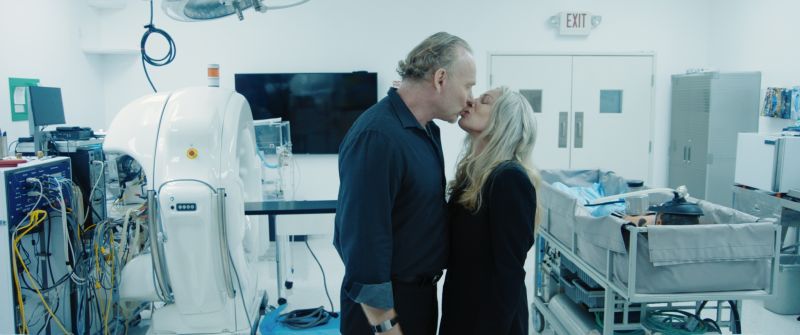
All films included in the tribute will be soon unveiled, which will be accompanied by a special two-language edition. A series of editorials and articles delve into an era where every image of our world is constantly updated through countless representations, expanding our perception on what is real and not, while formulating a new definition of how and why we seek the “truth”. In an unprecedented condition such as the one we are currently experiencing, where life and human existence are renegotiating their identity at any given moment, cinema is the only compass and signpost at our disposal.
The Thessaloniki Documentary festival has already confirmed the presence of some very interesting documentaries: Eternity at Last, by the Austrian filmmaker Stephan Bergmann, which brings forth the everlasting human fantasy of immortality, shedding light on the technological and scientific developments that promise to transform the miracle of eternity into a tangible reality. Living in an era that abolishes all rules and laws written in stone, maybe the time has come for us to reevaluate even the most unshakable truth of our world.
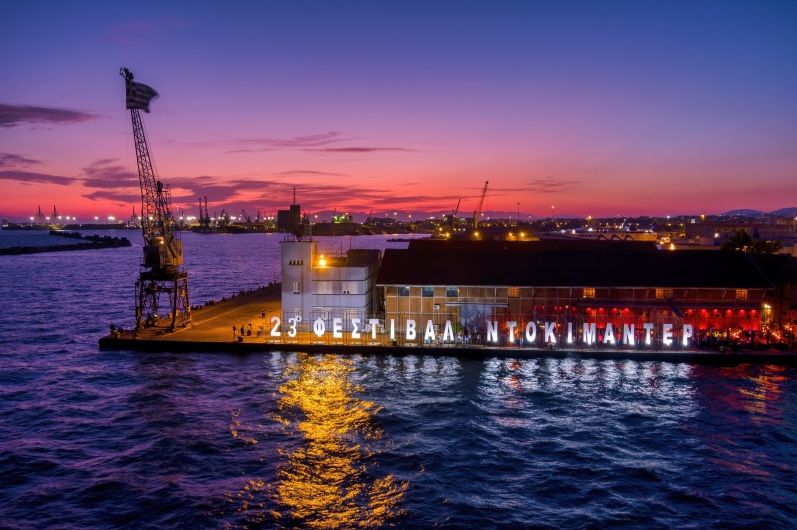
ÓÔÉÃÌÉÏÔÕÐÁ / 23ï ÖÅÓÔÉÂÁË ÍÔÏÊÉÌÁÍÔÅÑ / ÁÅÑÏÖÙÔÏÃÑÁÖÉÅÓ
In addition, the documentary Portraits of the Future, by Argentinian director Virna Gabriela Molina addresses the subject of the pandemic specifically related to the women’s issue, with all the fears and insecurities which it implies. Quarantine changed the style and identity of the film, which offers us a map of the future through a historical dissection, although it began as a project on the inequalities experienced by women in Argentina today.
On their part, the Swiss director Alexandre O. Philippe’s documentary The Taking depicts the ways through which cinema carves landscapes and places in the collective subconscious as a means to describe a transformed truth. The director, who in his filmography studies the sociological and anthropological impact of cinema, delves into the myths that accompany the portrayal of the Monument Valley in westerns, and especially in the movies directed by John Ford. This iconic natural site has been endowed with a far deeper meaning than a simple background and this documentary takes a particular look at the way westerns, and especially the films of John Ford, made use of an iconic image to shape a new reality, beyond the boundaries of historical truth, laying the foundation for an entire country’s psyche and modus operandi.
Information from the festival’s press department.

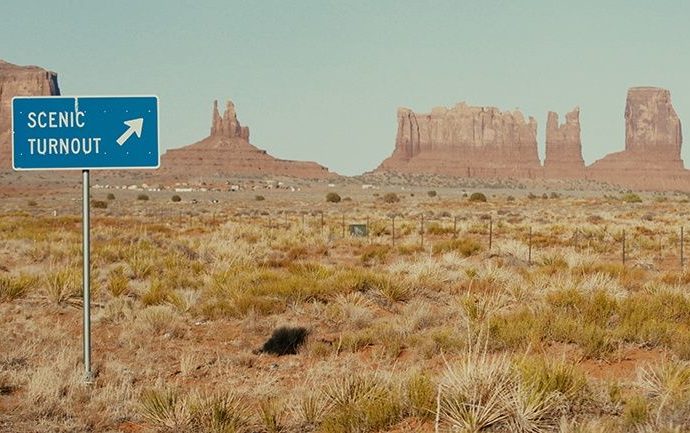


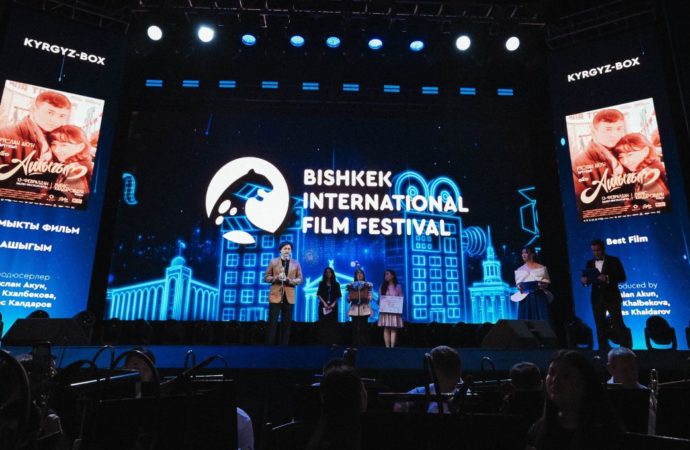

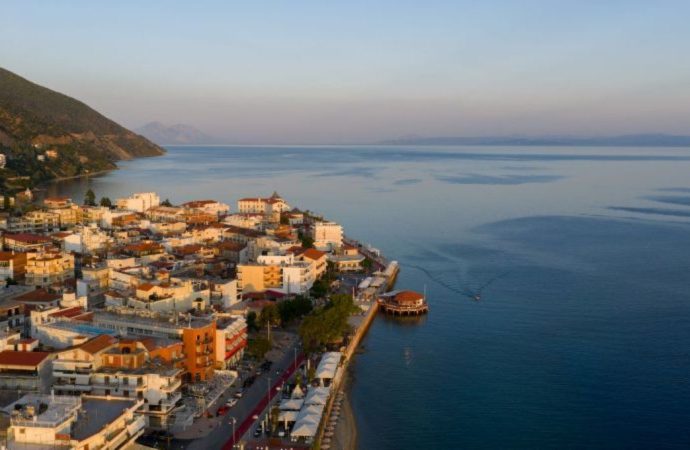


No one has posted any comments yet. Be the first person!